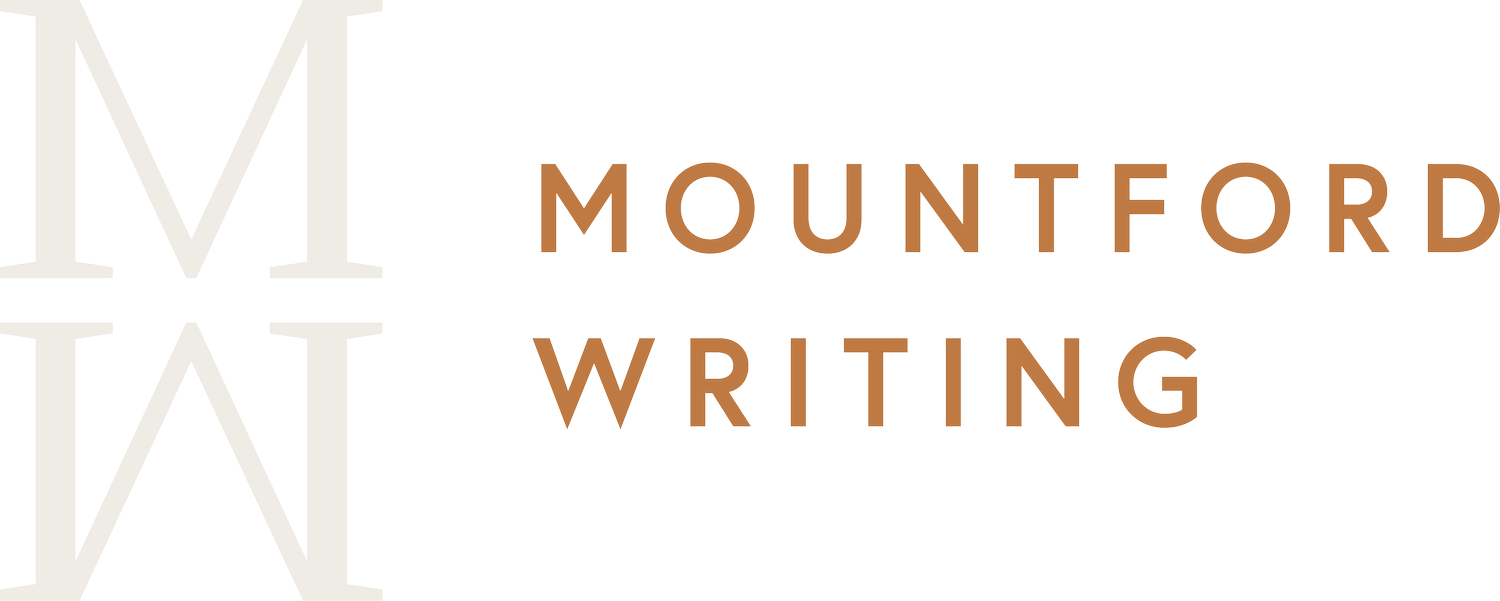Surviving the Second Act: How to Make it though the long Middle of a novel or Memoir
Every summer, I teach a class called “Finishing Your Book,” which is built upon on my awareness that people tend to struggle to survive the second acts of their books. I’ve been there. The first 40-50 pages is a hoot. No outline required! You’re just having fun, building voice, characters, story-elements, and everything is a delight.
But then you hit a point where it’s hard to see the whole book at once. There’s just so many moving parts, and now the reader, and the writer, are starting to get listless. You need some way of propelling yourself through the next hundred or more pages, until you can do those last 30-50 pages, which are also, like those opening pages, often a bit straightforward. First act: you're having fun, warming up. The third act is all downhill skiing: gravity works for you.
Most books die in the second act.
This is certainly true of novels, but it’s even true of memoirs.
Literary agents often say that all memoirs are quests. I think what they’re driving at is a solution to all these second act woes.
In Hollywood, the second act is TWICE as long as the first act or the third act — it’s a vast wasteland that you have to somehow cross. There are tricks, but these are best used AFTER you’ve figured out the quest.
These are some standard tricks:
Distributing plot points around evenly
Adding “pinches”
Putting in a “mid-act turning point”
Including “mini-arcs”
I’m always happy to help clients and students with these things. But none of it works without a vivid goal underlying the whole second act. At the end of the first act, the main character sets off on a mission, they have a plan and a goal. They want to save the ice skating rink from the real estate developer...or they want to win back their ex-boyfriend from his bitchy new wife...or they want to convince their mother to sell her hotel and retire.
Try to pause any movie, even an “indie” movie, at minute 30 and ask yourself what the main character's goal is and what their plan is. It should be very easy to answer. Similarly, for novels (though it’s more like page 50).
The Importance Of A Clear Goal
Crucially, the goal has to be achievable in a kind of black-and-white way. By the end of the story, it’s obvious if the main character has succeeded or failed.
This isn't like “find happiness” or “win the approval of dad” or anything. That's the internal goal. In "Succession" (as in King Lear), the kids want to win their father's approval, sure, but their explicit goal is to take over the empire. By the end, it's a black-and-white matter: they have either succeeded or failed, it's impossible to land in between those outcomes.
Without that kind of explicit goal, the second act quickly becomes a morass of episodic snippets, your characters commence meandering around.
So, make it vivid. Finding Nemo, as in Moby Dick: gotta find a particular fish in the very large ocean. By the end, you have either found the fish, or you have not. It's actually impossible for it to be neither or both . . . by definition it must be one or the other.
Yes, the emotional quality of success/failure can be mixed, it should be mixed, but the quest itself is fairly binary (hiking the Pacific Crest Trail in Wild; or keeping the special diamond out of the hands of the Nazis in the Pulitzer-prize winning All The Light We Cannot See).
